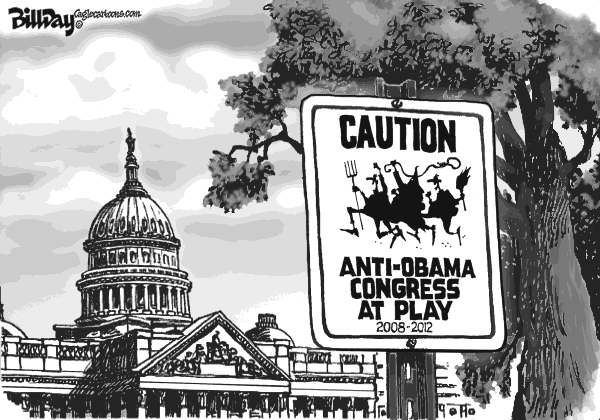By Steven Pearlstein,
I am a corporate chief executive.
I am a business owner.
I am a private-equity fund manager.
I am the misunderstood superhero of American capitalism, single-handedly creating wealth and prosperity despite all the obstacles put in my way by employees, government and the media.
I am a job creator and I am entitled.
I am entitled to complain about the economy even when my stock price, my portfolio and my profits are at record levels.
I am entitled to a healthy and well-educated workforce, a modern and efficient transportation system and protection for my person and property, just as I am entitled to demonize the government workers who provide them.
I am entitled to complain bitterly about taxes that are always too high, even when they are at record lows.
I am entitled to a judicial system that efficiently enforces contracts and legal obligations on customers, suppliers and employees but does not afford them the same right in return.
I am entitled to complain about the poor quality of service provided by government agencies even as I leave my own customers on hold for 35 minutes while repeatedly telling them how important their call is.
I am entitled to a compensation package that is above average for my company’s size and industry, reflecting the company’s aspirations if not its performance.
I am entitled to have the company pay for breakfasts and lunches, a luxury car and private jet travel, my country club dues and home security systems, box seats to all major sporting events, a pension equal to my current salary and a full package of insurance — life, health, dental, disability and long-term care — through retirement.
I am entitled to have my earned income taxed as capital gains and my investment income taxed at the lowest rate anywhere in the world — or not at all.
I am entitled to inside information and favorable investment opportunities not available to ordinary investors. I am entitled to brag about my investment returns.
I am entitled to pass on my accumulated wealth tax-free to heirs, who in turn, are entitled to claim that they earned everything they have.
I am entitled to use unlimited amounts of my own or company funds to buy elections without disclosing such expenditures to shareholders or the public.
I am entitled to use company funds to burnish my own charitable reputation.
I am entitled to provide political support to radical, uncompromising politicians and then complain about how dysfunctional Washington has become.
Although I have no clue how government works, I am entitled to be consulted on public policy by politicians and bureaucrats who have no clue about how business works.
I am entitled to publicly criticize the president and members of Congress, who are not entitled to criticize me.
I am entitled to fire any worker who tries to organize a union. I am entitled to break any existing union by moving, or threatening to move, operations to a union-hostile environment.
I am entitled to a duty of care and loyalty from employees and investors who are owed no such duty in return.
I am entitled to operate my business free of all government regulations other than those written or approved by my industry.
I am entitled to load companies up with debt in order to pay myself and investors big dividends — and then blame any bankruptcy on over-compensated workers.
I am entitled to contracts, subsidies, tax breaks, loans and even bailouts from government, even as I complain about job-killing government budget deficits.
I am entitled to federal entitlement reform.
I am entitled to take credit for all the jobs I create while ignoring any jobs I destroy.
I am entitled to claim credit for all the profits made during a booming economy while blaming losses or setbacks on adverse market or economic conditions.
I am entitled to deny knowledge or responsibility for any controversial decisions made after my departure from the company, even while profiting from such decisions if they enhance shareholder value.
I am entitled to all the rights and privileges of running an American company, but owe no loyalty to American workers or taxpayers.
I am entitled to confidential information about my employees and customers while refusing even to list the company’s phone number on its Web site.
I am entitled to be treated with deference and respect by investors I mislead, customers I bamboozle, directors I manipulate and employees I view as expendable.
I am entitled to be lionized in the media without answering any questions from reporters.
I am entitled to the VIP entrance.
I am entitled to everything I have and more that I still deserve.






